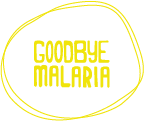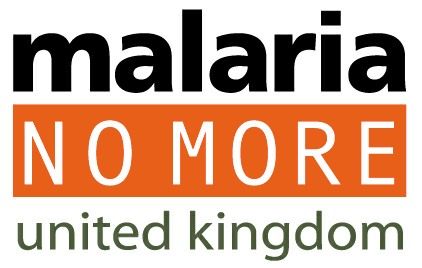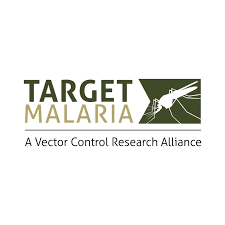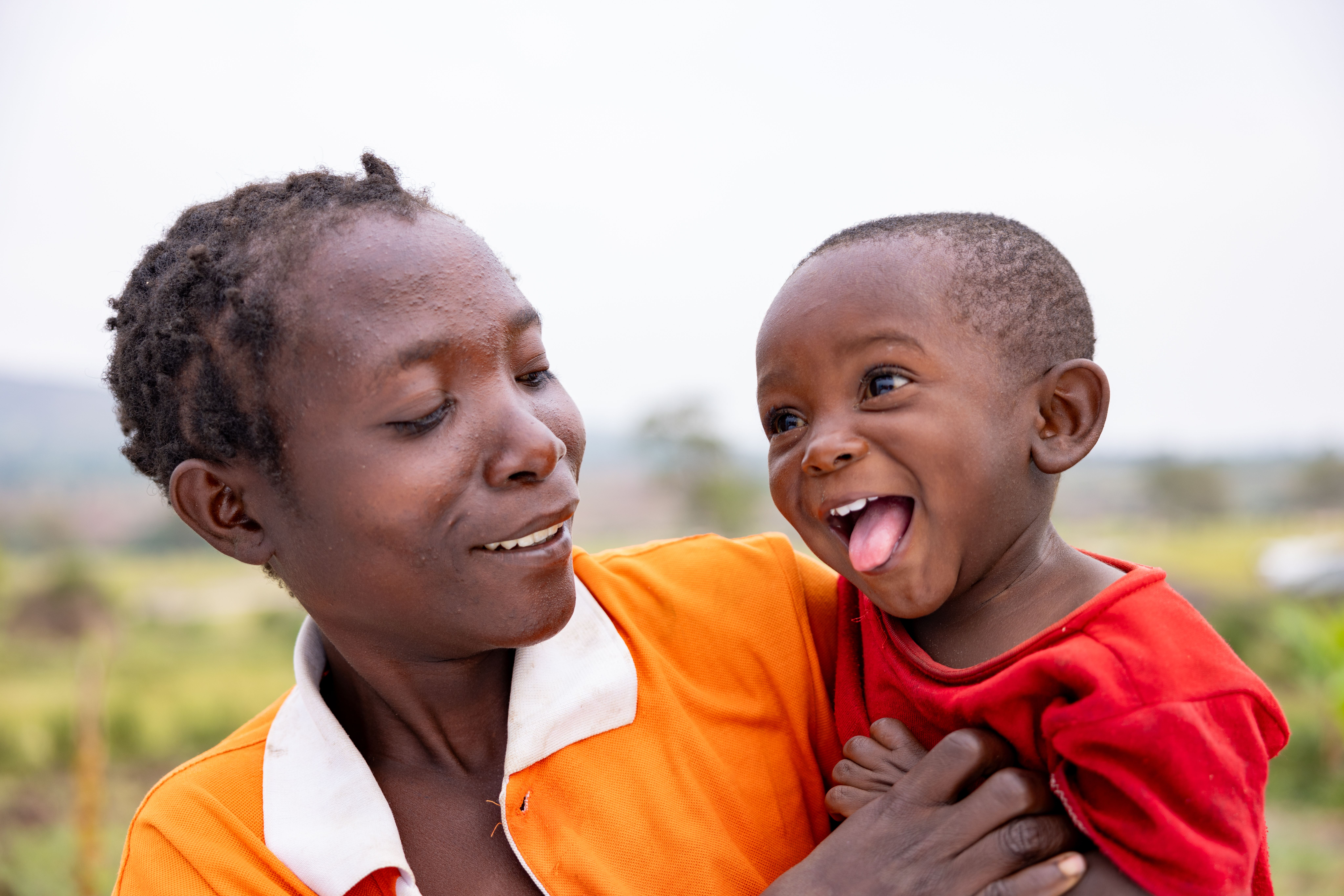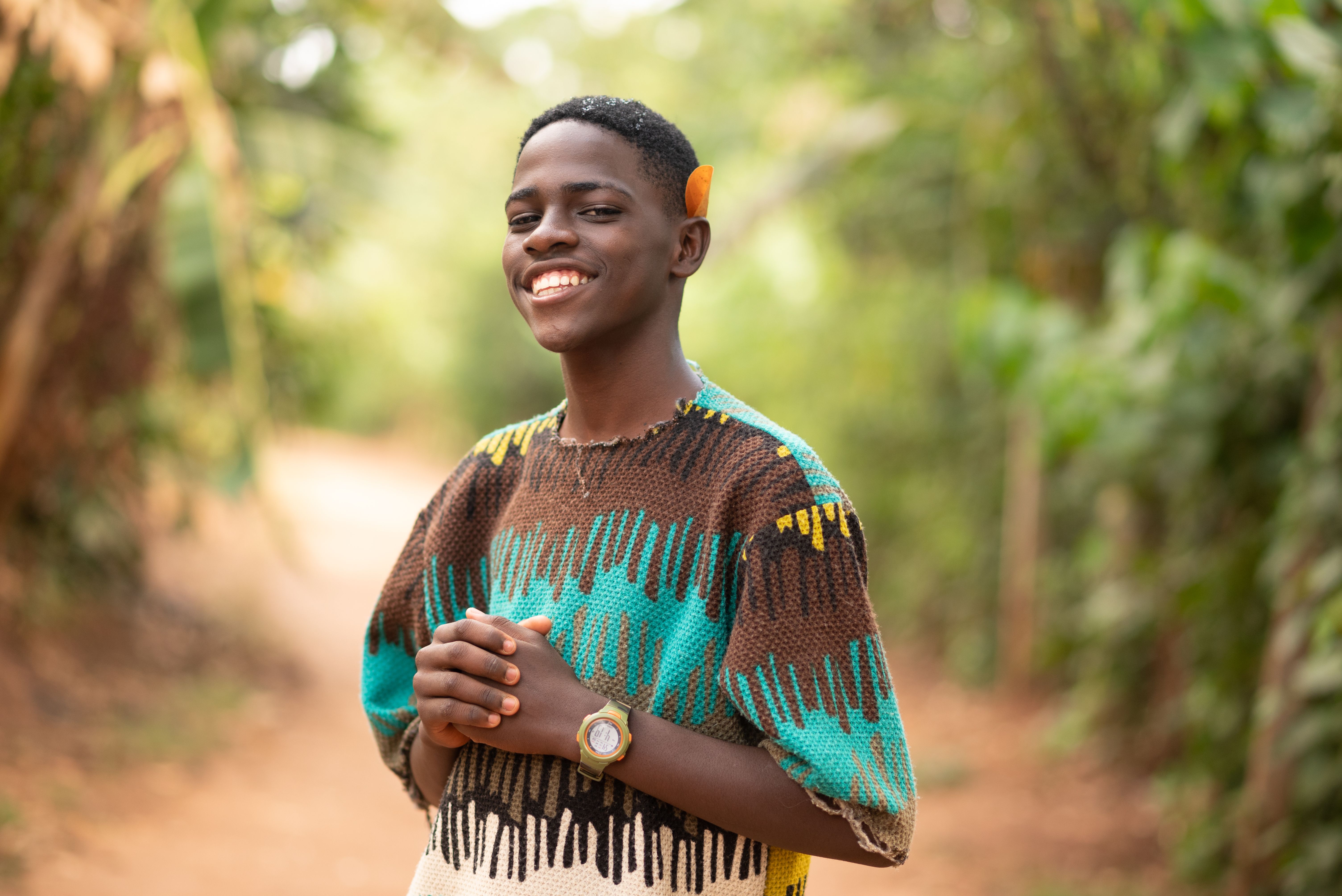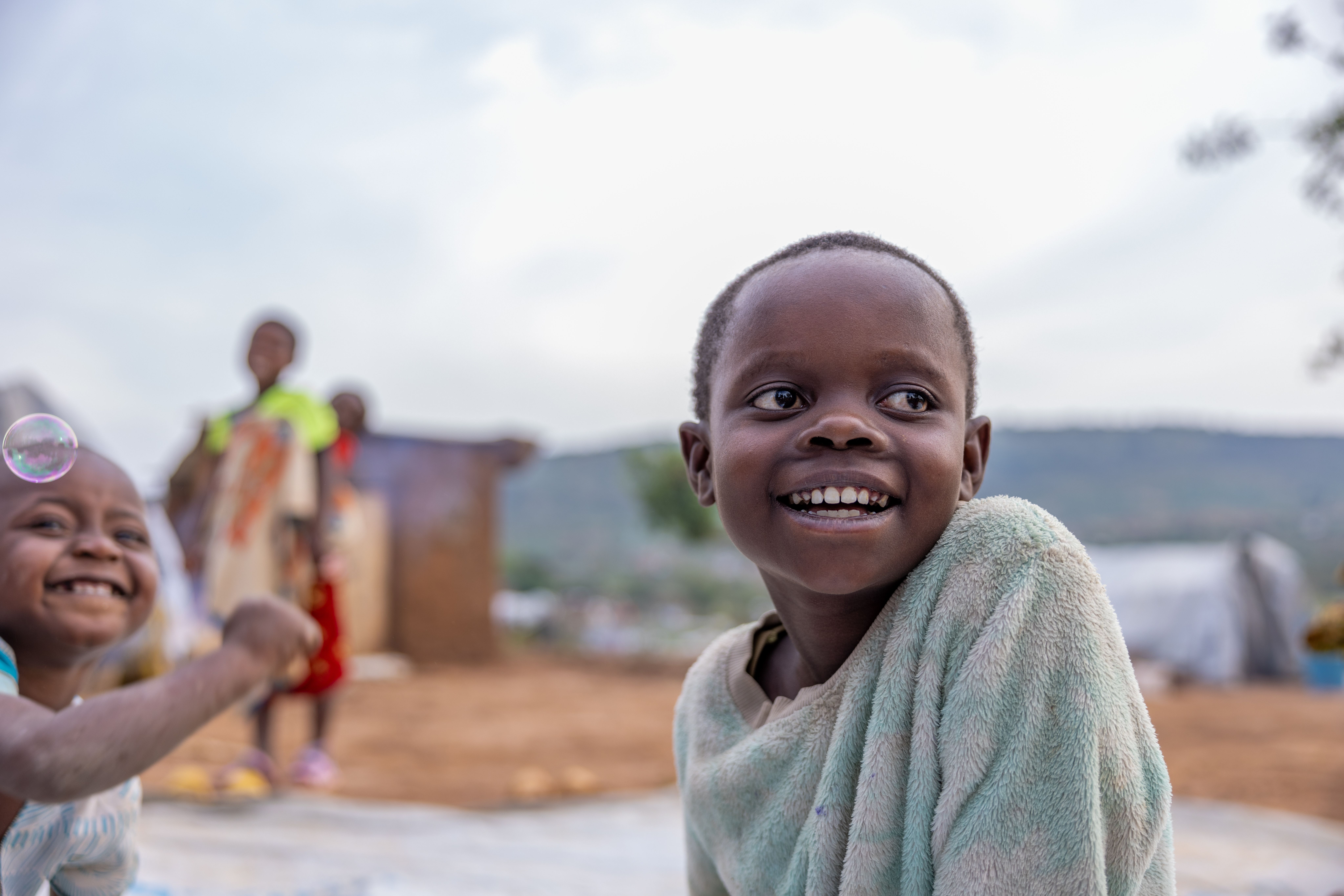
Léa's story
Burkina Faso
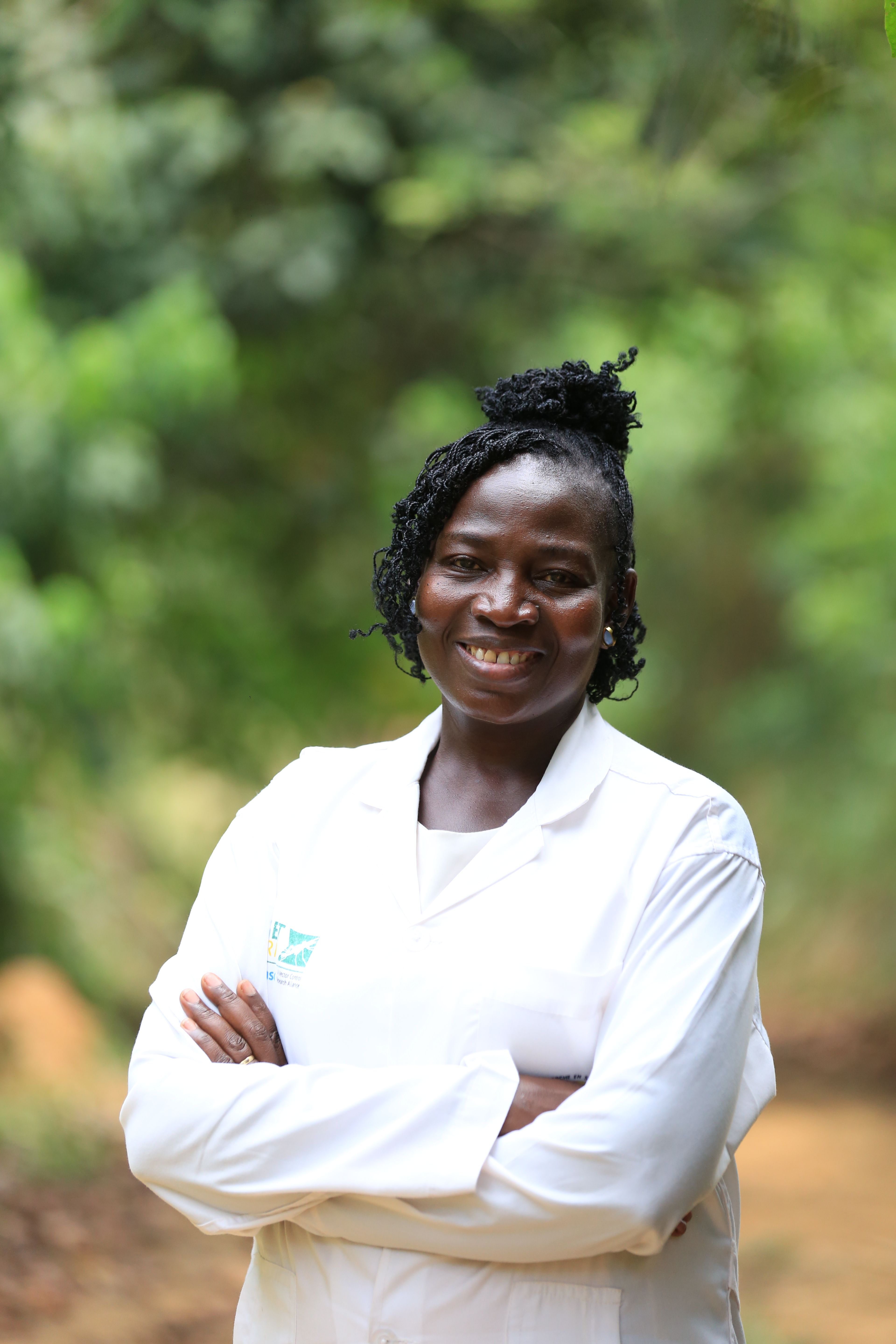
Dr. Léa Paré Toé is a scientist dedicated to ending malaria through groundbreaking genetic research at Target Malaria in Burkina Faso.
Understanding the Challenge:
Having experienced the devastating impact of malaria firsthand, Léa is deeply driven to end it. “I see people suffering—my children, my sister. Malaria is a big burden for Africa,” she says.
Léa’s research focuses on genetically modified mosquitoes to dramatically reduce malaria transmission. “We need to think outside the box. Our team decided to explore genetics to find lasting solutions,” she explains.
Innovative Genetic Approaches
"We need to come with something new. We need to use genetic science to control malaria," Her research employs gene drive technology to enhance specific genetic traits within mosquito populations, curbing their ability to transmit malaria.
Only female mosquitoes transmit malaria because they bite humans to consume blood needed for egg production. "Genetically modified mosquitoes are designed to produce predominantly male offspring, drastically reducing the population of malaria-transmitting females and potentially leading to the local eradication of the disease-carrying mosquito population.”
Eliminating Malaria boosts economies
"Malaria kills children, destroys communities, and holds back our economy. Every year, countless hours of school and work are lost to malaria. Families spend what little they have on treatment instead of education or investing in their future, perpetuating a cycle of poverty," Dr. Toé explains. “Without malaria families would spend their money on other things. They would live better lives”.
Léa emphasizes the importance of community understanding and acceptance for her work to succeed. “Transparency and education are key. Without community acceptance, innovation cannot succeed.”
For Léa, eliminating malaria is an achievable goal, within reach in her lifetime. "Malaria is not stronger than us scientists in Africa, and it is certainly not stronger than the will of our communities. With innovation, education, and empowered communities, we have everything we need to end malaria—for good."


